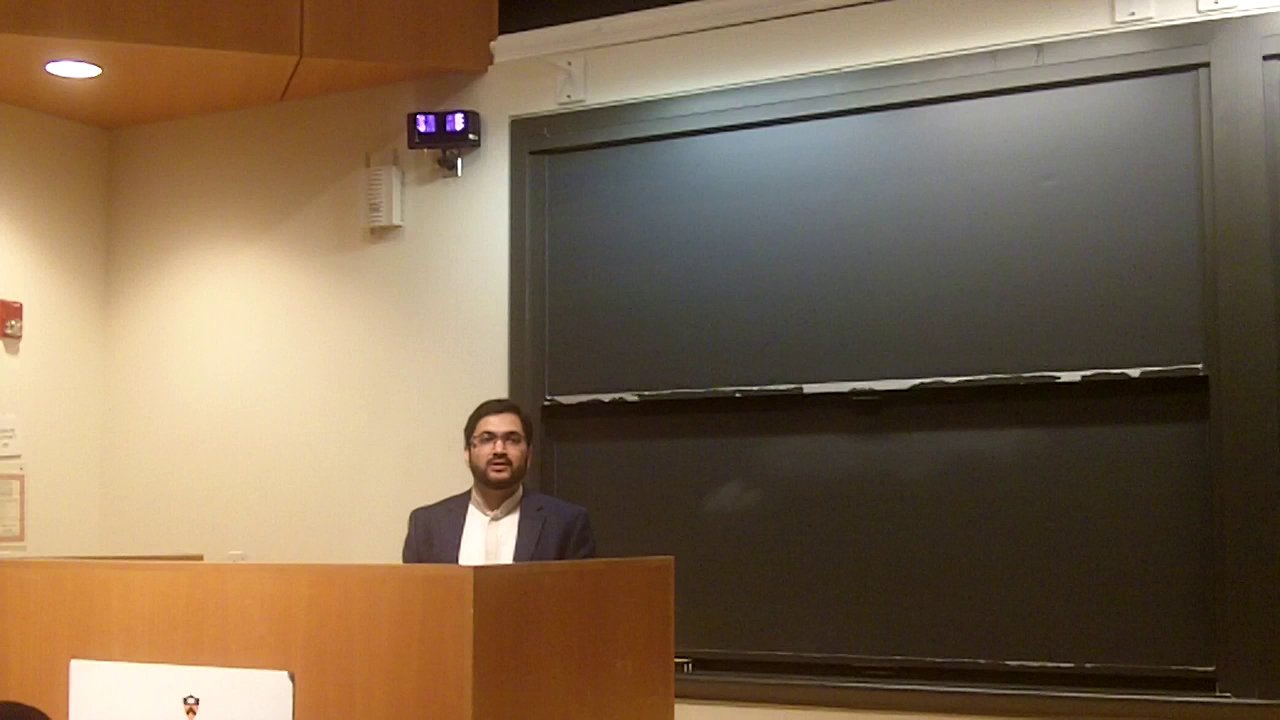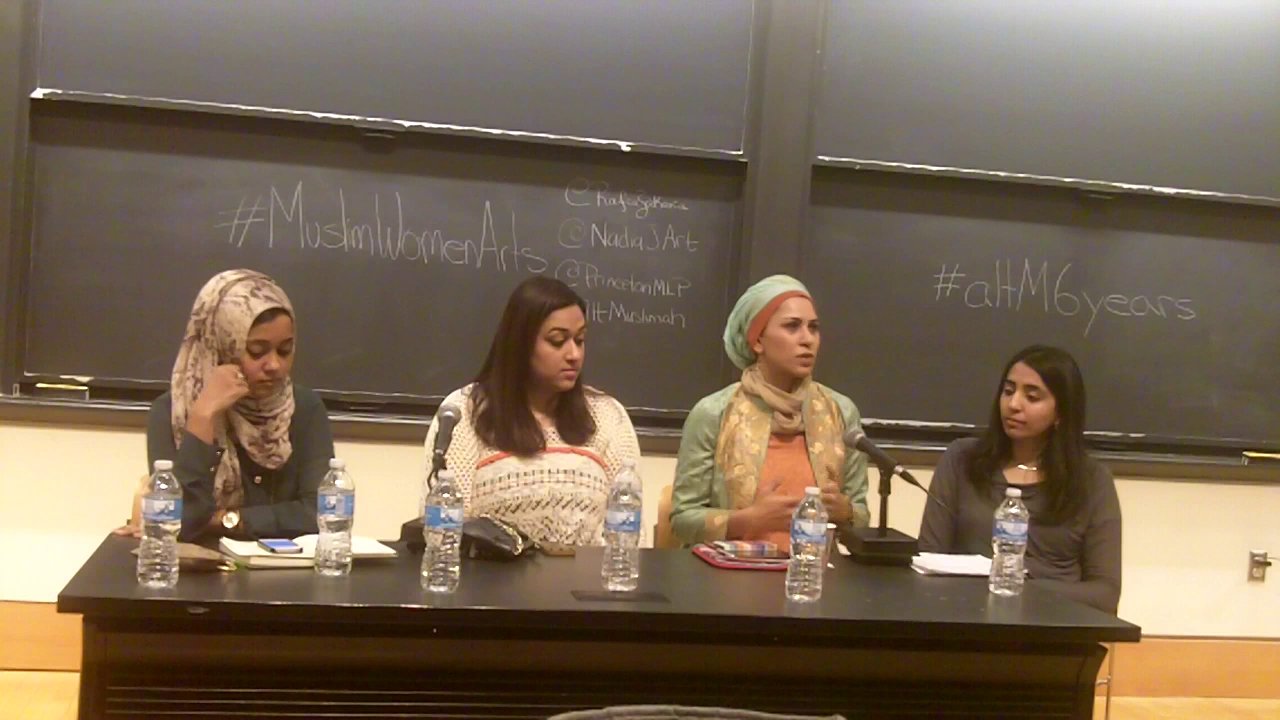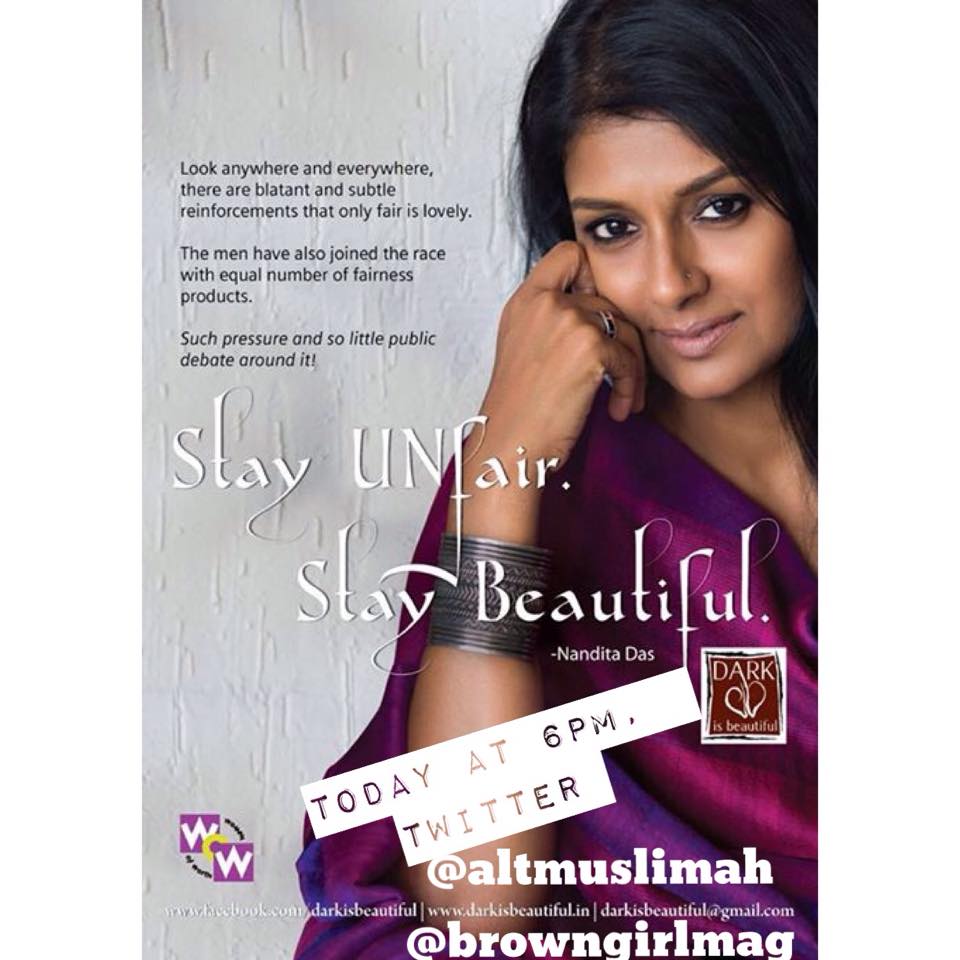In Episode Four: Headscarf, TE’A gets under the veil to dispel stereotypes associated with women who cover and their choice to wear the hijab. Then in the post-performance dialogue, one woman challenges the Company to see this issue through more than one lens.
In Episode Four: Headscarf, TE’A gets under the veil to dispel stereotypes associated with women who cover and their choice to wear the hijab. Then in the post-performance dialogue, one woman challenges the Company to see this issue through more than one lens. Deepened insight compels the TE’A Company to revisit the scene and improve it before the next performance. Join them in the transformative TE’A process. TE’A TV captures the power of the unique TE’A process in a series webisodes that allow the viewer to witness the transformative power of curiosity.
This scene has undergone many changes and still continues to evolve with each day. With each performance, we gain further insight into the multi- dimensional veiled and unveiled Muslim woman, who is often portrayed inaccurately by the news and media. This piece hopefully inspires the audience to question their own perceptions of “the other” and evaluate how and why these judgments came to be.
On a personal note, the filming process of Episode Four was insightful as well as amusing. As the cast awaited our interviews, we took pictures and sat around making jokes during our “downtime.” The filming process was very different than performing on a stage. I didn’t realize how much I would miss the audience, although the butterflies were still there. The idea for my character to not wear a hijab, was something we all thought long and hard about. In the end, I feel the episode did the piece justice. I hope everyone not only enjoys watching, but is touched just as we were by the women who made this piece possible.
The TE’A Project uses interactive theatre to inspire the desire and the will of young people to cross the barriers of race, class, culture and religion in America’s communities.





Honest engagement from many sides, this is really lovely.
I find the dis-equity between men and women in the Muslim faith very disturbing. Women must hide themselves, but men do not have to do so.
Why does the all-powerful God of the universe need women to cover their head?
Listening to this reminded me of when I met an African woman in Philadelphia who had been circumcised, and she wanted the same for her children.
It all seems so unnatural and the product of cultural coercion.
I say this with an honest heart, not trying to attack others. These are my feelings and thoughts when I watch this video.
Generic_Human: This disequity is as old as the Abrahmic faiths, maybe even older, and not particular to the Muslim faith. In fact Jewish women have covered themselves in the past as do the Orthodox Jews of today.
In Christianity nuns cover their head as well. Nuns have recently stopped doing this but this is a result of modernization and not the religion itself.
Again while some people have turned the headdress against women it is not the purpose of the religion, as I’m sure any political system can be used by people to gain power.
I don’t understand the last sentence. Clearly the headdress is used against women, because it marks them as being less than men. Men don’t have to cover their heads, but women do.
And what do other religions have to do with it? Yes, their scriptures and practices all treat women with disrespect. Does that justify Islam’s belittlement of women?
It frightens me that women can be brainwashed into thinking that the very shackles of their slavery are symbols to be proud of.
I wish women of all religions would insist that if men don’t have to do it, then they don’t have to do it.
You don’t have to cover your heads.
You don’t have to sit behind the men in prayer.
You don’t have to worship in separate quarters away from men.
Having sex doesn’t give anyone the right to kill you.
You can be leaders in your religion, e.g., priests, pastors, gurus, or imams.